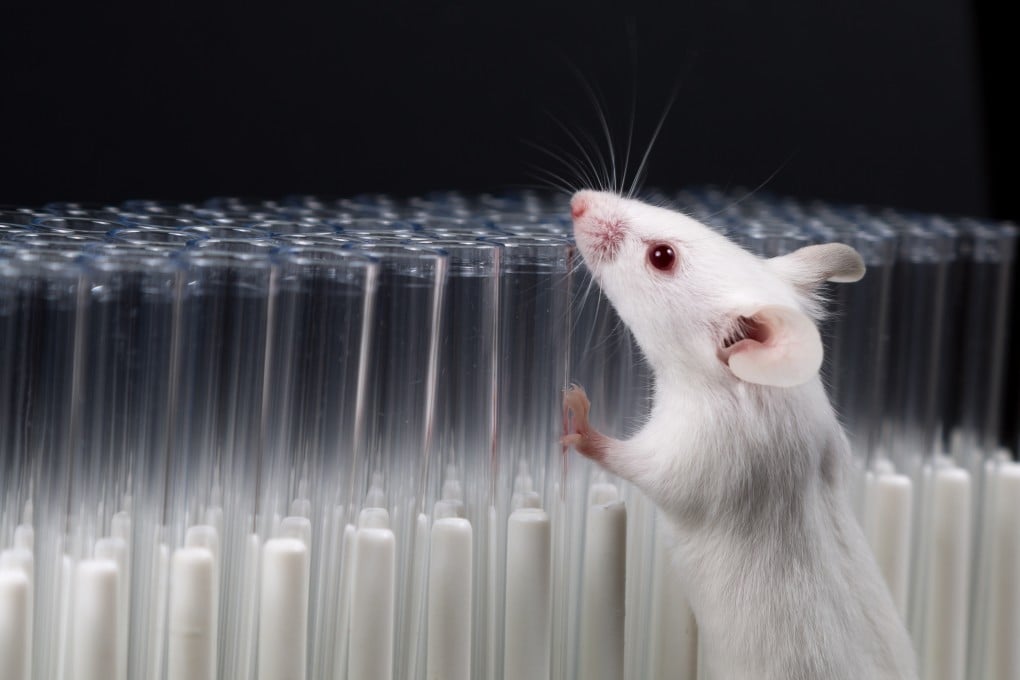Mice whiskers may hold clue to autism treatment with ‘love hormone’, Chinese study suggests
- Mice with whiskers trimmed during day 12-16 of their lives had significantly reduced interaction time with new stimuli, Zhejiang University team finds
- ‘There may be such a critical period for humans in the treatment of autism,’ lead author says, as early oxytocin doses seen to reverse social interaction deficit

Mice that had their whiskers trimmed at an early stage in life could exhibit social dysfunction later on, Chinese researchers have found, in a study they say could shed light on the treatment of autism in humans.
“Whiskers are one of the most important sensory systems for mice, they help them explore their surroundings,” Wang Hao, corresponding author of the study and a professor of neuroscience at Zhejiang University, said.
“Our brain develops by the interaction of neurons and the changing environment. The input of sensory signals is critical for the establishment of the precise neural circuits in our brain,” he said.
“So we wanted to know if the mice would have behavioural disorders in adulthood if their whiskers were trimmed in early life.”
To explore the role of early life sensory experience on the adult brain and behaviour, Wang and his university team trimmed the whiskers of the experimental mice group when they were 12 to 16 days old. The team then returned to observe the rodents’ social behaviour when they were two months old and their whiskers had grown back.